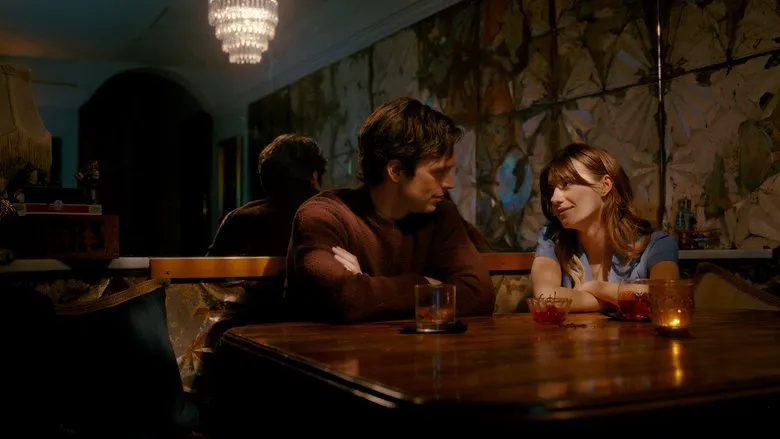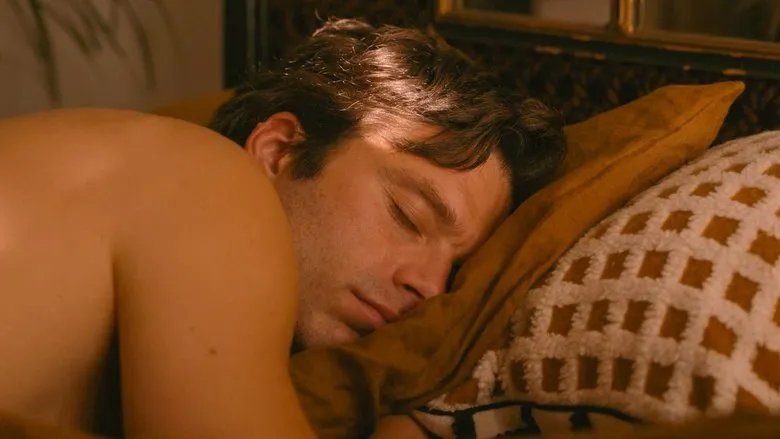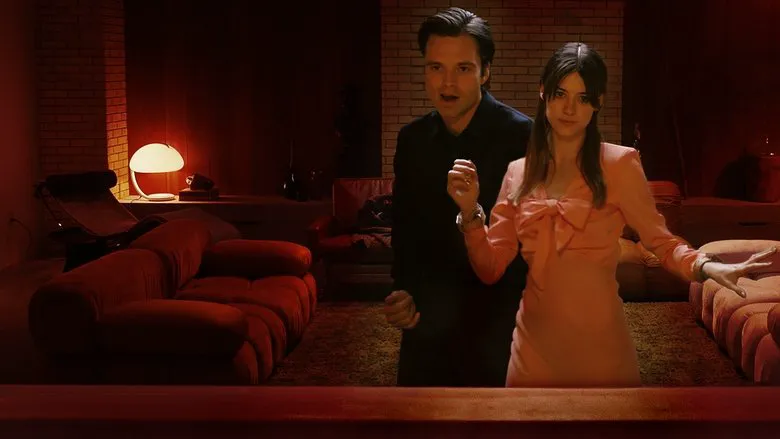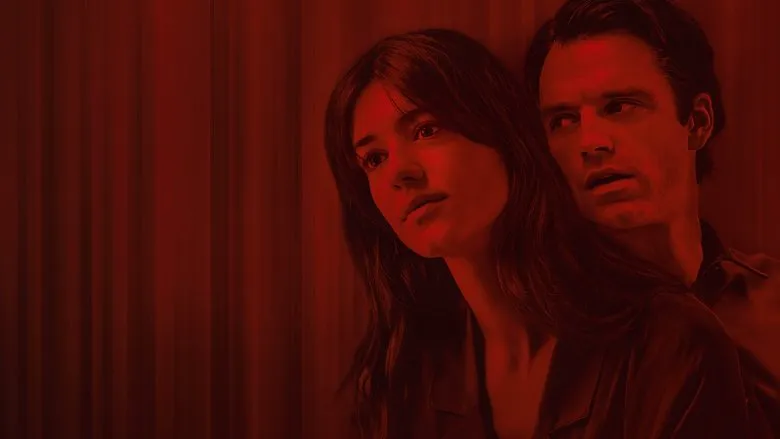Is “Lost in the Movies” the New Normal? A Review of “Jiang Yuan Long”
Ever feel like buying a movie ticket is a gamble these days? You go in with high hopes, only to find that the film doesn’t live up to the hype.
It’s especially frustrating when you’re drawn in by a star-studded cast, only to realize the actors are just window dressing – pretty to look at, but the story itself is a mess.

If you’ve been to the cinema recently, chances are you’ve experienced this feeling of disappointment.
The Buzz Around “Jiang Yuan Long”

“Jiang Yuan Long,” directed by Chen Kexin and starring Zhang Ziyi, arrived in theaters in June 2025 amidst much fanfare.
Based on the real-life “Jiang Yuan Long Husband Killing Case” from the Republican era in Shanghai, the film aims to explore themes of female awakening through the tragedy of Zhan Zhou Shi.
However, the initial screenings sparked a wave of conflicting opinions. Some praised its painterly visuals and stellar performances, while others criticized its choppy editing and hollow plot. Presale ticket numbers struggled to break through the ten-million mark.

To make matters worse, the film was split into two parts. The first installment barely manages to tell the story before hitting viewers with a “to be continued… for a price” message.
A Glimmer of Gold Underneath Tangled Threads
The film is like a beautiful cheongsam: stunning from afar, but up close, the intricate embroidery reveals a mess of loose ends.

What “Jiang Yuan Long” Gets Right (and Wrong)
The movie does have its strengths.

The dark, cyan-toned Shanghai alleyways, the damp air thick with the scent of rust and blood – the film effectively captures the suffocating atmosphere of the era.
Zhang Ziyi’s portrayal of a battered woman is chilling, conveying volumes with just a few glances.

Yang Mi also delivers a surprisingly impactful performance, particularly in her final scenes.
However, these highlights can’t salvage the film’s disjointed narrative.
With over a dozen characters crammed into ninety minutes, each feels like a fleeting cameo.

The Zhan Zhou Shi murder case, which should have been the film’s central focus, is instead reduced to a “celebrity-themed murder mystery.”
The suspense? Gone within the first ten minutes.

The theme of female awakening? Reduced to characters spouting slogans.
And the male antagonists are nothing more than one-dimensional caricatures, wearing their “abusive husband” label like a badge.

The gratuitous violence, with its graphic close-ups, is also a major turnoff.
Splitting the film into two parts only adds insult to injury.

The first part ends abruptly, with key plot points held back for the sequel.
Just as the audience is reeling from the violent imagery, the end credits roll, announcing “to be continued… please pay again.”
As the lights come up, the theater is filled with expressions of “that’s it?”

The film’s inflated marketing promises have also been exposed.
Early projections of a 3 billion yuan box office haul and claims of “film of the year” status have been drastically revised to a more realistic 800 million yuan.
It’s not that audiences are being overly critical; it’s that the film has shattered the unspoken rule that a star-studded cast guarantees a worthwhile experience.

When Yang Mi’s character, a woman suffering in Republican-era China, cries about her fate while wearing perfectly applied mascara, and when Zhao Liying’s courtroom scenes are chopped to pieces, even the best acting can’t save a story that feels like a torn-up draft.
Are Audiences Demanding More Than Just Star Power?

The truth is, audiences are no longer willing to blindly pay for a movie just because it features a bunch of famous faces.
People went to see “Jiang Yuan Long” hoping for a compelling story that would move them, not a slideshow of celebrities.

Instead, they were served a mishmash of expensive ingredients floating in a watered-down broth.
The mixed reactions to the film have exposed the industry’s dirty little secret.
When “all-star cast + big-name director” becomes a formula, and when splitting a film into two parts is a blatant cash grab, why should audiences applaud mediocrity?

The film’s disappointing box office performance is not an accident; it’s a wake-up call from the market.
Movie tickets aren’t meant to be an intelligence test.
When we spend money on a film, we want to be moved, to connect with the characters and their stories.

But if the film itself feels like it’s just going through the motions, why should we take it seriously?
The summer movie season has just begun, and a chill is already in the air.
If a “top-tier” film like “Jiang Yuan Long” can flop so spectacularly, perhaps it’s time for more than just the filmmakers to start worrying.